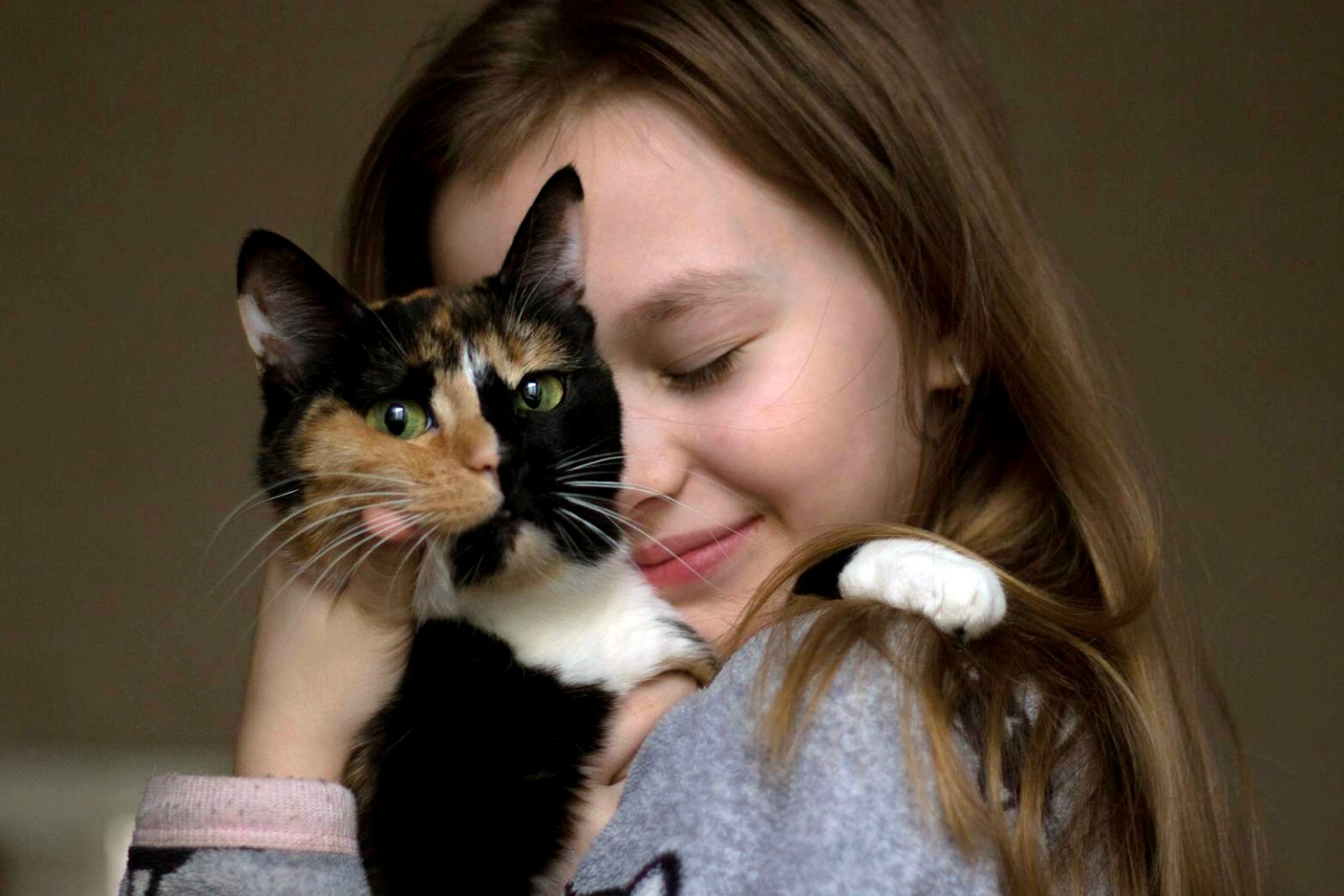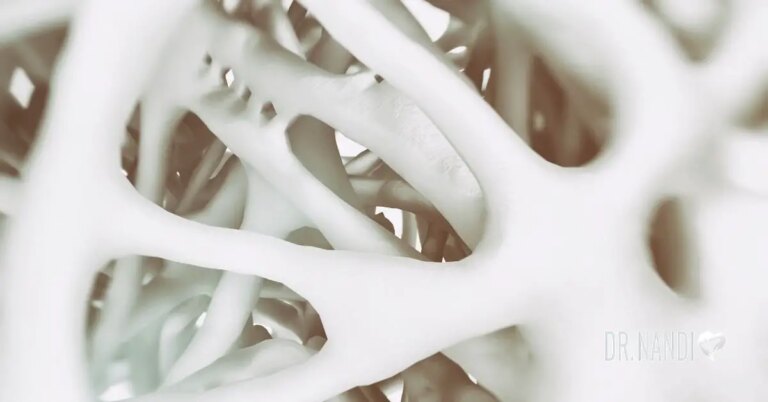Scientists have discovered an unexpected guardian angel living in millions of homes across America, silently protecting human hearts in ways that would surprise even the most devoted pet lovers. While medical researchers typically focus on diet, exercise, and medications for cardiovascular protection, groundbreaking findings suggest something far simpler might be providing life-saving benefits.
A decade-long investigation involving thousands of participants revealed patterns that challenge conventional thinking about heart disease prevention. What researchers found could revolutionize how we approach cardiovascular health while validating what cat enthusiasts have suspected all along about their feline companions.
Decade-Long Study Reveals Stunning Heart Benefit
University of Minnesota’s Stroke Institute analyzed data from 4,435 adults aged 30-75, extracted from the National Health and Nutrition Examination Survey conducted between 1976 and 1980. Researchers divided participants into two distinct groups: 2,435 individuals with a history of cat ownership and 2,000 people who never owned cats throughout their lifetimes.
Dr. Adnan Qureshi, the study’s lead researcher and executive director of the institute, tracked participants over a 10-year follow-up period, examining cardiovascular outcomes across both groups. Results showed cat owners demonstrated a 30 percent lower likelihood of fatal heart attacks compared to individuals without feline exposure throughout the study duration.
Such significant risk reduction surprised even researchers who expected some cardiovascular benefits based on established connections between pets and stress reduction. Qureshi, who owns a cat named Ninja, admitted to expecting measurable effects but acknowledged that the magnitude of protection exceeded initial predictions about the benefits of feline companionship.
Statistical analysis controlled for potential confounding variables, including age, gender, ethnicity, blood pressure, smoking habits, diabetes, cholesterol levels, and body mass index. Even after accounting for these cardiovascular risk factors, cat ownership remained a strong predictor of reduced heart attack mortality rates.
Science Behind Feline Heart Protection
Multiple biological mechanisms may explain the cardiovascular benefits associated with owning a cat. Physical interactions with cats, particularly stroking and petting, trigger neurochemical responses that reduce stress hormones while promoting relaxation through the release of oxytocin. Studies involving 240 couples have demonstrated that cat owners tend to maintain lower baseline heart rates and blood pressure, and also experience faster recovery from stressful situations.
Functional brain imaging reveals that brief cat interactions activate prefrontal cortex regions governing decision-making and emotional regulation. Such neurological activation suggests direct pathways through which feline companionship influences stress response systems affecting cardiovascular health over time.

Cat purring operates within the frequency range of 20-140 Hz, associated with therapeutic benefits including reduced inflammation and accelerated tissue repair. These low-frequency vibrations mimic meditative tones, potentially contributing to reduced heart rate and overall cardiovascular relaxation during prolonged exposure periods.
Lawrence McGill, a veterinary pathologist at ARUP Laboratories, suggests that cats exhibit a calming effect due to their self-sufficient nature. Unlike dogs, which require structured care including walks and feeding schedules, cats impose fewer demands on owners, potentially minimizing stress levels that contribute to the development of cardiovascular disease.
Stress Reduction Creates Cardiovascular Benefits
Chronic psychological stress and anxiety directly contribute to cardiovascular events through multiple physiological pathways. Elevated cortisol levels associated with persistent stress promote inflammation, increase blood pressure, and accelerate atherosclerosis development, leading to heart attack and stroke risks.
Cat ownership interrupts stress-related physiological cascades through consistent companionship, providing emotional stability. Predictable feline routines, including mealtime behaviors and lap-sitting rituals, create stabilizing rhythms for owners, counteracting feelings of chaos or helplessness that can contribute to cardiovascular strain.
Research demonstrates that cat interactions reduce cortisol levels while increasing oxytocin production, which is associated with social bonding and relaxation responses. Such hormonal changes directly oppose stress-related physiological processes contributing to cardiovascular disease progression over extended periods.
Tactile activities, such as stroking a cat, provide immediate stress relief through sensory pathways that activate the parasympathetic nervous system. Parasympathetic dominance supports improvements in heart rate variability and blood pressure reduction, contributing to long-term cardiovascular protection mechanisms.
Contradictory Factors to Consider
Not all research supports the cardiovascular benefits of owning a cat. A 1995 study in the American Journal of Cardiology reported that cat owners experienced worse outcomes following heart attacks compared to dog owners, suggesting potential complications from feline companionship in certain circumstances.
Dr. Robert Myerburg, director of cardiology at the University of Miami, speculated that cat allergies, affecting 10-20 percent of adults, might exacerbate inflammation in susceptible individuals. Allergic responses could offset potential cardiovascular benefits by increasing inflammatory markers that contribute to the progression of heart disease.
Observational study design limits the ability to establish causal relationships between cat ownership and cardiovascular protection. Qureshi acknowledges that cat owners may inherently possess personality traits that protect against heart disease, independent of pet ownership, and that additional research is required to examine lifestyle and psychological factors.
Personality characteristics, such as lower stress susceptibility or reduced anxiety responses, may predispose specific individuals toward both cat ownership and improved cardiovascular health. Such confounding variables complicate the interpretation of study results, requiring controlled trials that examine direct causal mechanisms.

My Personal RX: Make the Most of Pet Ownership for Your Health
Sharing your life with a pet can be one of the most rewarding choices, not just emotionally but physically too. As studies have shown, pet owners often experience lower stress levels, better cardiovascular health, and more daily movement. But the benefits don’t stop there. When approached mindfully, pet ownership can be a two-way street to better health, for you and your furry companion.
- Get moving together: Regular walks, playtime, or outdoor adventures with your pet naturally encourage daily physical activity, which supports cardiovascular and cognitive health.
- Strengthen your gut-brain connection: Stress can interfere with your connection to your pet, and your own wellbeing. Supporting your gut with MindBiotic helps regulate mood, immune response, and mental clarity so you can be more present and balanced.
- Make mealtime a mindful experience: Feeding your pet and yourself with care can be a powerful daily ritual. Mindful Meals offers anti-inflammatory recipes that help restore gut health and mental vitality, fueling you to show up as your healthiest self.
- Keep a clean and toxin-aware home: Pets bring joy, but also extra dander and bacteria. Keep your environment clean with natural, non-toxic products to reduce exposure to harmful chemicals.
- Practice calming routines together: Pets often mirror our stress. Create calming rituals like bedtime routines or quiet moments in nature to regulate both your nervous systems.
- Turn care into connection: Grooming or training sessions can double as bonding time and a form of mindfulness. These small moments build trust and deepen emotional well-being for both of you.
- Stay on top of pet health to protect your own: Regular vet checkups and parasite prevention aren’t just for pets. They help prevent zoonotic infections that could affect your household.
- Be mindful of allergies: If you have sensitivities, clean regularly and use air purifiers. Pay attention to your body’s signals and find routines that keep your space allergy-friendly.
- Let your pet remind you to rest: Ever notice how pets nap freely? Take a cue from them. Short rest periods throughout the day can help you reset your brain and improve mental performance.
- Create moments of joy daily: Your pet’s love is unconditional. Take a few minutes each day to appreciate that bond.It’s a powerful dose of dopamine that medicine can’t replicate.
Sources:
- Krittanawong, C., Kumar, A., Wang, Z., Jneid, H., Virani, S. S., & Levine, G. N. (2020). Pet ownership and cardiovascular health in the US general population. The American Journal of Cardiology, 125(8), 1158–1161. https://doi.org/10.1016/j.amjcard.2020.01.030
- Qureshi, A. I., Suri, M. F. K., Mohammad, Y., Guterman, L. R., & Hopkins, L. N. (2002). Isolated and borderline isolated systolic hypertension relative to Long-Term Risk and Type of stroke. Stroke, 33(12), 2781–2788. https://doi.org/10.1161/01.str.0000039402.05613.0f
- Yeh, T., Lei, W., Liu, S., & Chien, K. (2019). A modest protective association between pet ownership and cardiovascular diseases: A systematic review and meta-analysis. PLoS ONE, 14(5), e0216231. https://doi.org/10.1371/journal.pone.0216231











 Subscribe to Ask Dr. Nandi YouTube Channel
Subscribe to Ask Dr. Nandi YouTube Channel









